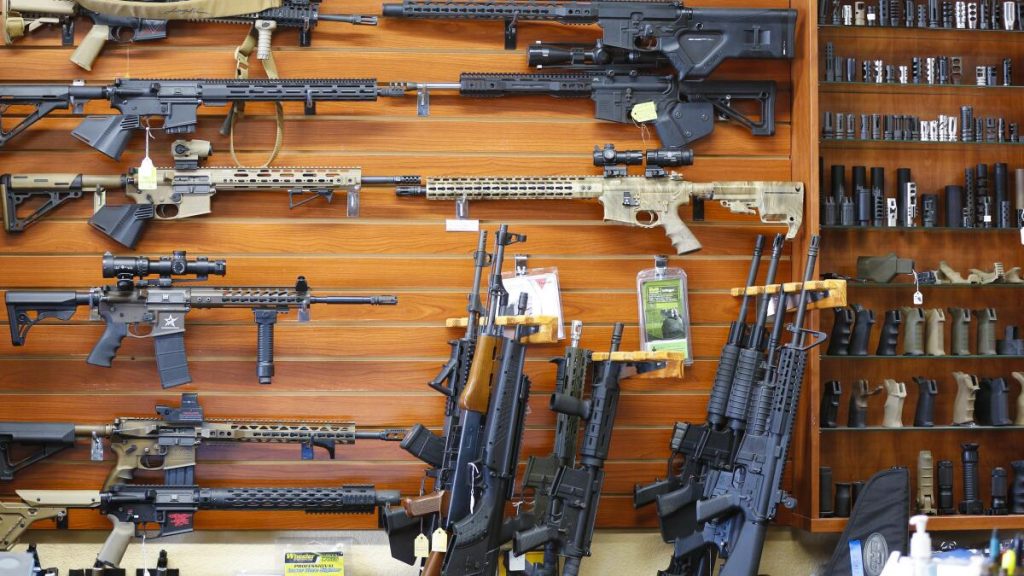In a recent ruling that reverberates through the ongoing constitutional debate surrounding gun rights in the United States, a federal judge in San Diego struck down California’s one-gun-a-month law, reigniting discussions about the Second Amendment and the limits of state regulation on firearms.
The law, which restricted California residents from purchasing more than one firearm within a 30-day period, was aimed at curbing straw purchases – transactions where someone buys a gun on behalf of another individual who cannot legally make the purchase themselves. However, a group of firearms owners, licensed gun dealers, and firearms-rights organizations challenged the law, arguing that it infringed upon their Second Amendment rights.
U.S. District Judge William Hayes sided with the plaintiffs, highlighting the lack of a historically similar law to justify the one-gun-a-month restriction. This decision underscores a broader trend in Second Amendment jurisprudence, where courts increasingly scrutinize gun regulations based on their alignment with historical precedent dating back to the time of the Second Amendment’s ratification.
Since the U.S. Supreme Court’s landmark decision in New York State Rifle & Pistol Association v. Bruen, which introduced a “text, history, and tradition” standard for evaluating gun regulations, federal judges have overturned several California laws pertaining to firearms. These include bans on assault rifles, billy clubs, certain handguns deemed “unsafe,” and background checks for ammunition purchases.
The crux of the legal debate lies in interpreting the Second Amendment’s plain text and reconciling it with the nation’s historical tradition of firearm regulation. Advocates of gun rights argue that modern gun control measures must align with historical practices, while proponents of stricter regulations contend that the evolving nature of society necessitates updated approaches to gun policy.
With each court ruling, the legal landscape surrounding gun rights becomes increasingly complex and contentious. While some view these decisions as victories for Second Amendment freedoms, others express concern about the potential implications for public safety and the prevention of gun violence.
In response to the recent ruling, Cody Wisniewski, an attorney for the Firearms Policy Coalition, applauded the decision as yet another instance of a California gun control law being deemed unconstitutional. However, opponents of the ruling warn of potential consequences, citing the need for comprehensive gun regulation to address contemporary challenges.
As the legal battle over gun rights continues to unfold, it raises fundamental questions about the balance between individual liberties and public safety. While the Second Amendment guarantees the right to bear arms, the interpretation and application of this right remain subjects of ongoing debate and judicial scrutiny.
The outcome of these legal challenges will shape the future of gun policy in the United States, influencing the rights of individuals and the responsibilities of governments at both the state and federal levels. In a country deeply divided over the issue of gun control, these rulings carry significant implications for the broader landscape of constitutional law and civil liberties.
